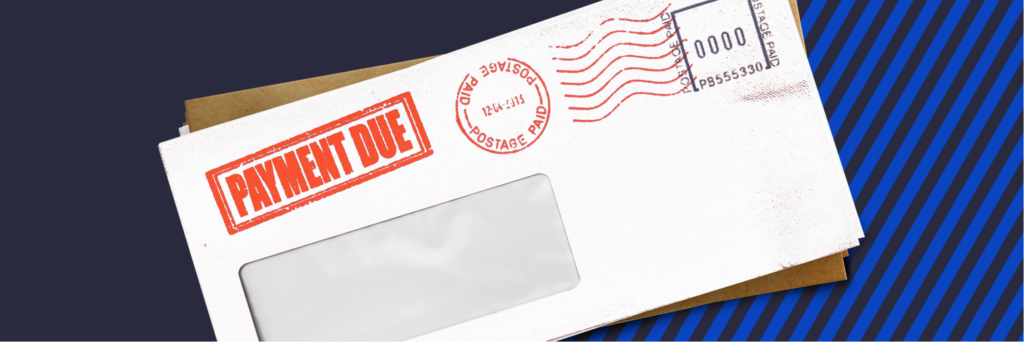With mortgage rates on the rise, it is a good time to buy a house sooner rather than later. But while market conditions are favorable, is it the right time for you? It may be the “American dream” but it is important to determine if you are ready to jump into home ownership. You owe it to yourself to seriously consider whether the present time is the best time.
If you’re thinking about buying a house, never go off emotions. Here are five signs that clearly say you’re not ready to buy a house.
You owe too much
Don’t fool yourself and think you will qualify for a mortgage just because you always pay your bills on time. A timely history is important – and a big credit score factor. However, how much you owe is equally as important. Do you have several maxed out credit cards? How about auto loans, personal loans and other types of loans? Just know that the more you owe, the higher your debt to income ratio. Most lenders aren’t issuing a mortgage if your monthly debt payments – including the mortgage payment – exceed 40% of your gross monthly income. You’ll make better headway paying down debt, freeing up cash, and then applying for a loan.
You don’t have the best credit history
If your credit isn’t anything to brag about, you’re probably not ready to buy a house. While getting a mortgage does not require perfect credit, it helps secure the best rate. Even if you qualify for a home loan with a low score, you won’t qualify for prime rates, which affects how much you pay for the house. For a better rate, hold off buying a house and spend the next couple of years improving your credit.
Loans insured by the Federal Housing Administration may be an option if you’ve experienced credit issues in the past. However, FHA loans are not “bad credit home loans” – and like other mortgages, there are minimum credit requirements. For example, you cannot have more than two 30-day late payments in a two-year period.
You don’t have a down payment
You need money to buy a house… period. If there’s barely enough in your savings account to cover an auto repair, now is definitely not the time to purchase a home. You can look to other sources for a down payment, such as borrowing from your 401(k) or other retirement account. Although the money might be available, if you don’t pay back what you borrow, the withdrawal is subject to income tax. Neither situation is ideal, especially as you adjust to new housing expenses. It’s probably better to cut back, save up and revisit buying a house when you’ve built up your account.
You “ONLY” have money for a down payment
Then again, maybe you’ve saved 5% for a down payment (3.5% for an FHA home loan). If your credit is good, you may feel that now is as good a time as ever. But, how much will you have after paying the down payment? Unfortunately, the down payment isn’t the only expense when buying a house. What about your closing costs? Home inspection? Moving expenses? And don’t forget about home repairs. To further complicate matters, some lenders want to see a two or three-month cash reserve – that’s in addition to your down payment and closing costs.
You have difficulty paying your rent
If you rent from a private landlord or an apartment complex, your rental history isn’t likely to appear on your credit report. With so many tenants, some landlords only report the big stuff, such as an eviction or breach of contract. For this matter, late rent payments may or may not appear on your credit report. And if your credit report is clear of any negative rental history, this puts you in a good position to buy a house, right? Well, not necessarily. The mortgage lender may speak with your previous landlords, and based on these references, decide whether you’re a good candidate for a mortgage. Even if you’re able to pull the wool over your lender’s eyes, the fact that you can’t pay your rent on time is the biggest sign that you’re not ready to buy a house. Don’t think that your situation will magically improve just because you have a mortgage loan. If you have difficulty paying your rent, you’ll probably have difficulty paying a mortgage.




